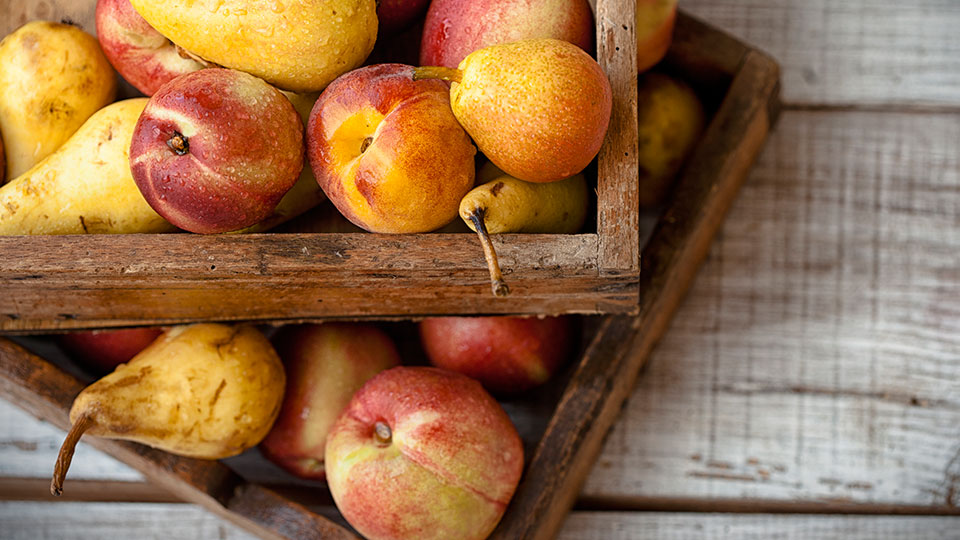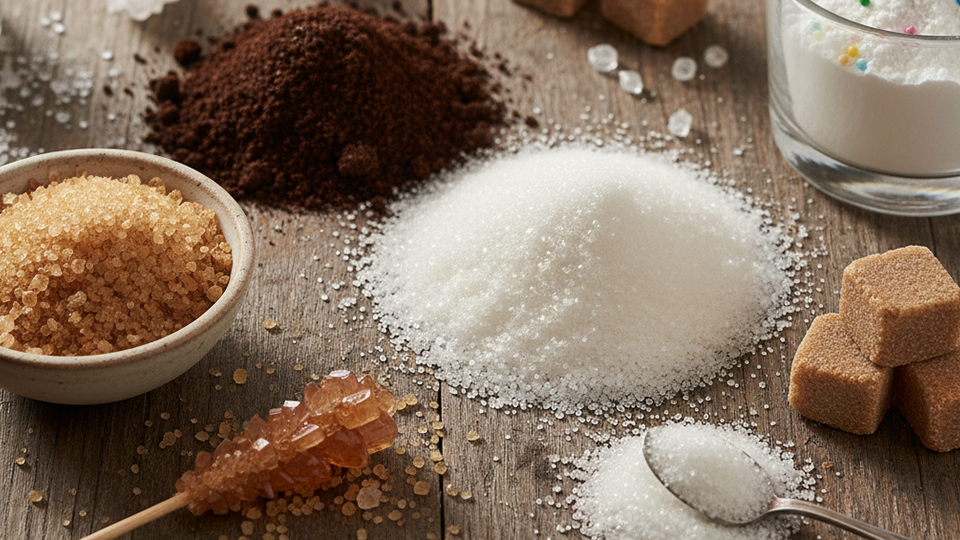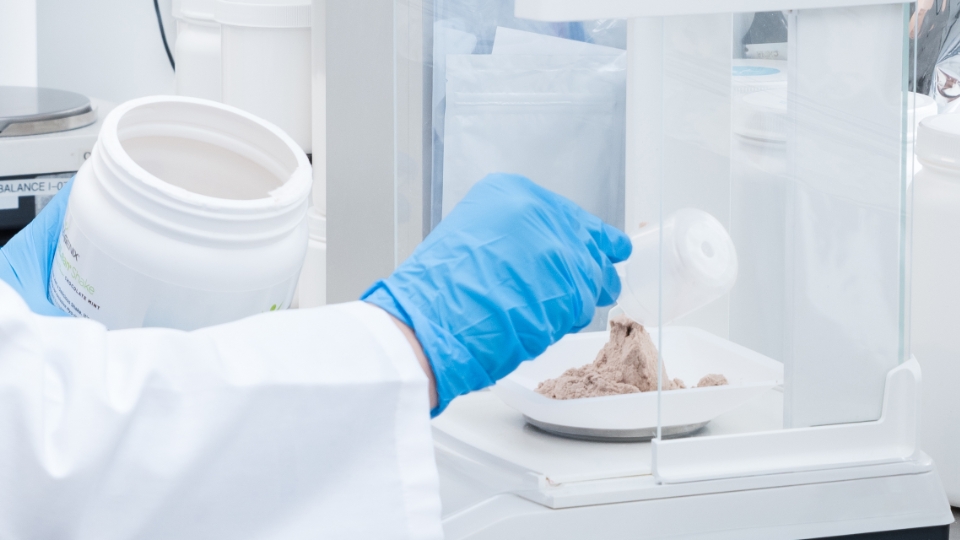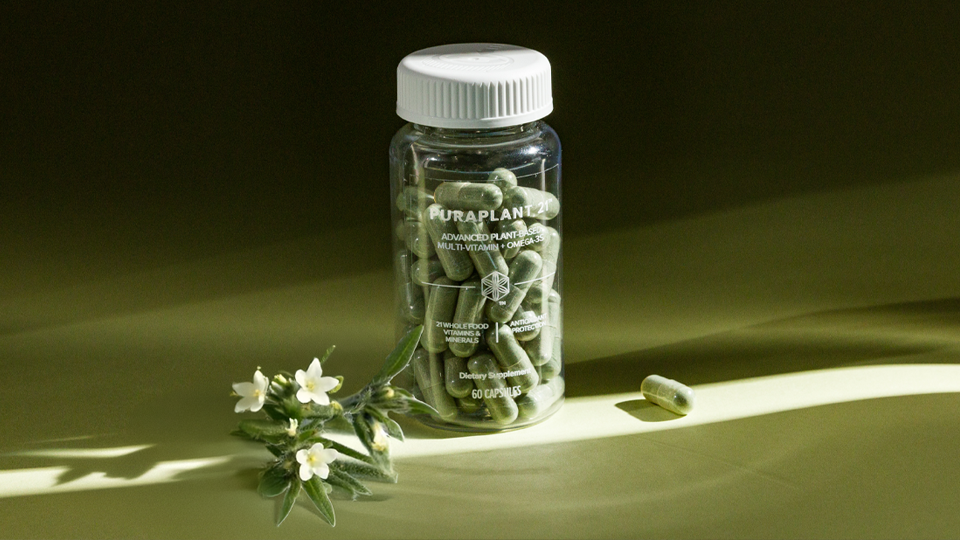Sugar alcohols, also known as polyols, are substances with a naturally sweet taste that are found in vegetables and fruits like pears, nectarines, and cherries. They provide fewer calories per gram than regular sugar.
They don’t contain the type of alcohol that you find in alcoholic beverages. The name “sugar alcohol” only refers to elements of their chemical structure. Because sugar alcohols have a chemical structure that is very similar to sugar, they activate the sweet taste receptors on your tongue.
Sugar alcohols are not digested or metabolized in the body the same way as sugar. They are considered a low-glycemic option because they don’t cause a rise in blood glucose levels like other carbohydrates (1).
Several types of sugar alcohols have prebiotic properties and help promote the growth of beneficial bacteria in the gut (2). However, these prebiotic effects can sometimes lead to digestive upset, gas, or bloating in sensitive individuals who consume too much at one time. Research shows that the average healthy adult can consume up to 30 grams of sugar alcohols daily without negative gastrointestinal side effects (3).
Different Types of Sugar Alcohols
There are several different types of sugar alcohols, and each type varies in sweetness and calories. These are a few examples.
- Glycerol: While glycerol is only about 40% as sweet as sugar, it provides the same number of calories as sugar, 4 calories per gram. Its main benefit is improving texture and maintaining moisture in foods.
- Maltitol: This sugar alcohol provides about half as many calories as sugar, 2.1 calories per gram, and is nearly as sweet.
- Xylitol: Known for its benefits for dental health, xylitol is as sweet as sugar and provides about half the calories, 2.4 calories per gram.
- Erythritol: This sugar alcohol is as sweet as sugar but provides practically no calories. It doesn’t have a strong prebiotic effect, which means it has a low potential for digestive upset, even among sensitive individuals.
Sweet Benefits
There are many benefits to using sugar alcohols as natural sweeteners in foods and beverages. Sugar alcohols are not absorbed or metabolized in the same way as sugar or other carbohydrates. For this reason, they do not cause an increase in blood glucose.
Some sugar alcohols function as prebiotics by promoting the growth of good bacteria in the gut. Xylitol, erythritol, and other sugar alcohols support dental health by limiting the growth of harmful bacteria that cause tooth decay (4).
Sugar alcohols provide an alternative for those looking to reduce sugar or simply enjoy a sweet taste with fewer calories.
References
- Noda K, Nakayama K, Oku T. Serum glucose and insulin levels and erythritol balance after oral administration of erythritol in healthy subjects. Eur J Clin Nutr. 1994 Apr;48(4):286-92.
- Beards E, Tuohy K, Gibson G. A human volunteer study to assess the impact of confectionery sweeteners on the gut microbiota composition. Br J Nutr 2010;104:701–8.
- Mäkinen KK. Gastrointestinal Disturbances Associated with the Consumption of Sugar Alcohols with Special Consideration of Xylitol: Scientific Review and Instructions for Dentists and Other Health-Care Professionals. Int J Dent. 2016; 2016: 5967907.
- Honkala S, Runnel R, Saag M, et al. Effect of erythritol and xylitol on dental caries prevention in children. Caries Res. 2014;48(5):482-90. doi: 10.1159/000358399. Epub 2014 May 21.





